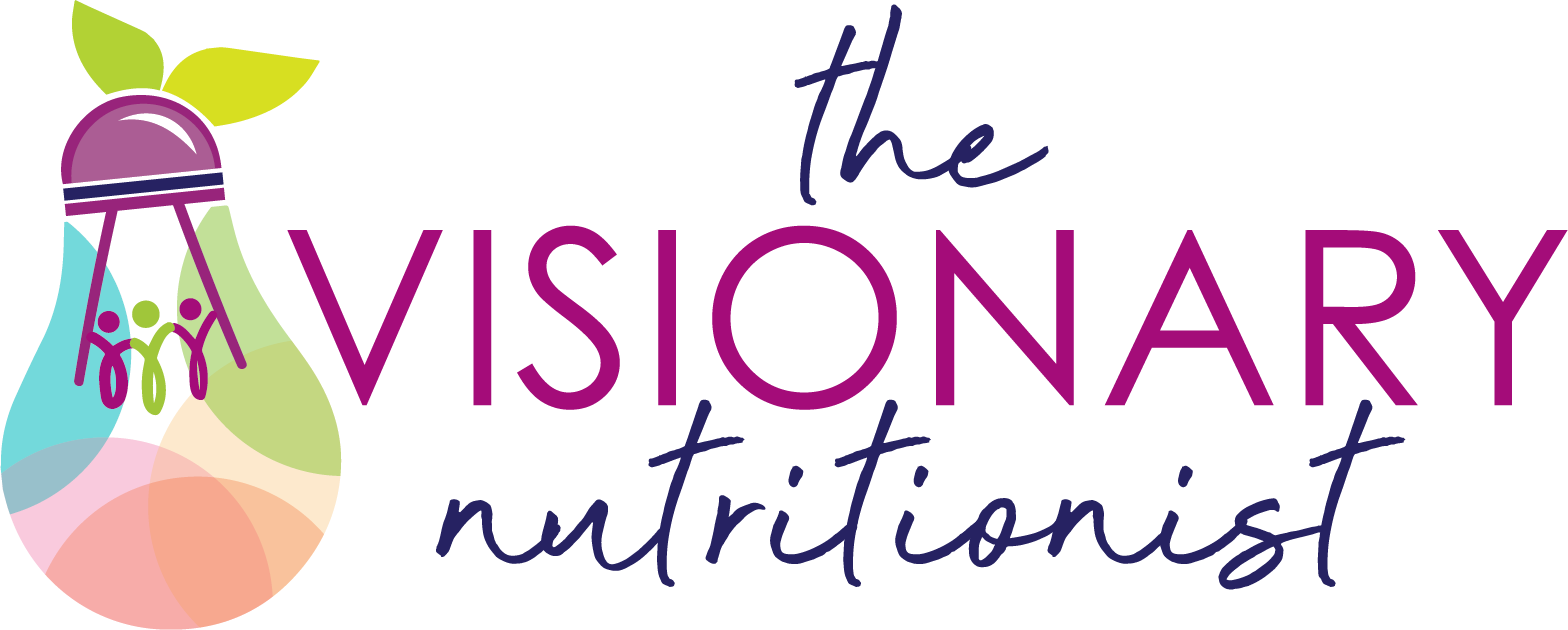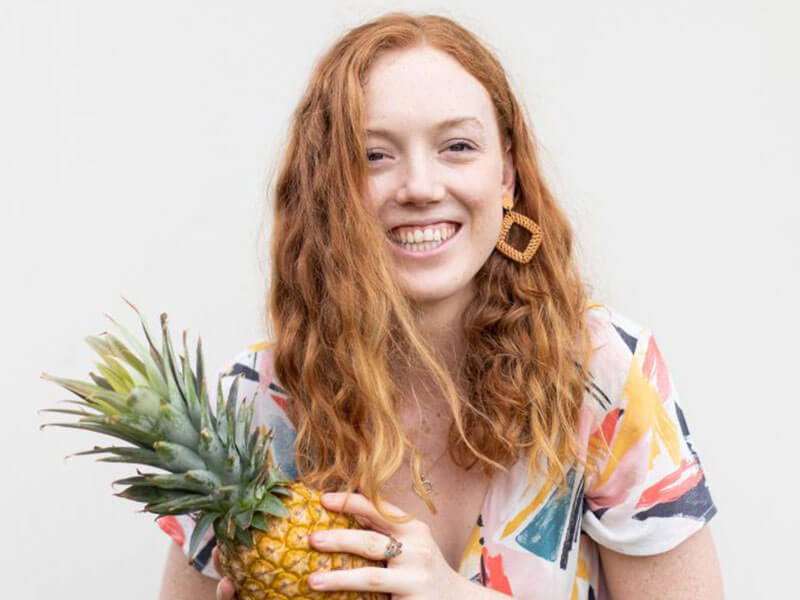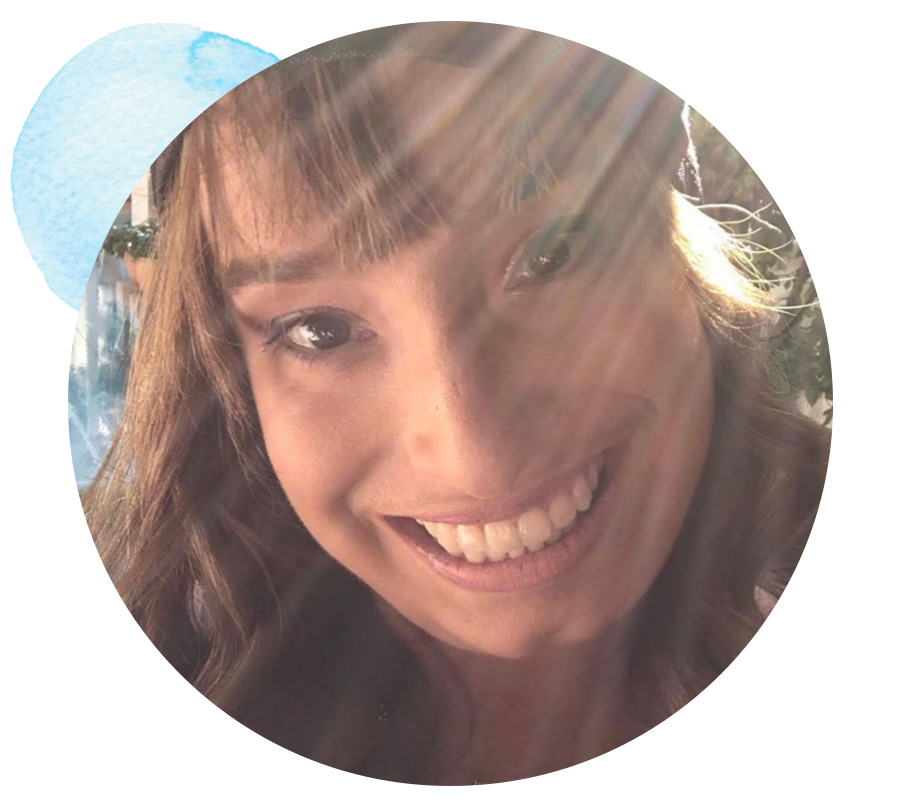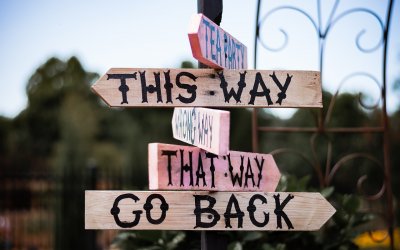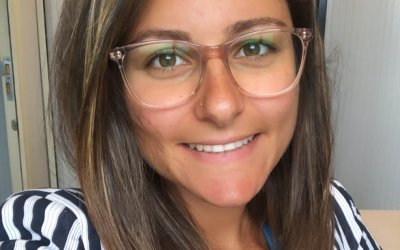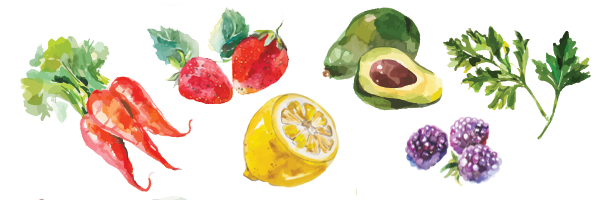Trust me when I say, public health nutritionists are a rare, but an incredibly special and invaluable breed of nutrition professionals!
I invite you to throw away all your pre-conceived ideas about nutritionists being the preachy, un-fun, food police! Why? Because today, you are about to meet my friend, and fellow public health nutritionist, Shelley Judge – who I can promise, is the last person on this planet out to judge your personal food choices!
Shelley is literally one of the coolest kids on the health promotion block! Not only is Shelley a university-qualified nutritionist who’s main mission is to help kids’ develop a positive relationship with food and nutrition, but she is a pro food photographer too, with quite a scrumptious and stunning portfolio!
You are going to absolutely love this up-beet chat with this gem of human!
Enjoy,
Chantelle x
What or who inspired you to pursue this delicious and oh-so-rewarding career path as a public health nutritionist and food photographer, and why?
I always loved cooking growing up, so developing recipes and inspiring kids to cook came very naturally to me. In fact, I built my career in nutrition around all the components that make health education in young children so successful, because to me, it’s pretty powerful and impactful stuff. It was also inspired by my public health research projects at university – double win!
I also never had the desire to sit in a stuffy office and work one-on-one with clients focusing on the management of their dietary issues. INSTEAD, I wanted to inspire and empower people to have fun with food again! There are way too may rules around food, and it is actually ruining our health.
Food is not just about nutrients. It’s about gathering and celebrating together, cooking, sharing, and creating positive memories. Learning about food in this way has to start from a young age – before the big bad “D word” influences them!
You call yourself “the cool aunt of kids nutrition”, (and I absolutely love that!). How would you describe your approach to positively influencing the health and wellbeing of kids and families?
I am not a mum, and so the last thing I want is for mums, parents or carers to feel that I am judging them in any way. My job as a nutritionist is to empower them. To help them to feed their kids without the stress, and teach their children, and themselves, to have fun with food. That’s where the inspiration behind my catchphrase, ‘The Cool aunt of Kids Nutrition’, came from! I want to be *that* fun aunt who comes in, helps the kids, and plays with them – and teaches them essential life skills along the way!
Many parents understandably feel the pressure to feed their kids “the right thing”, and often feel overwhelmed by the seemingly endless stream of food and nutrition information available in the media. What words of wisdom do you have for parents or carers who want to help nourish kids and teens, and support their health as best they can, without getting caught up in diet culture?
I feel for parents. The sheer amount of information available is daunting and leaves so much space for confusion. My advice for parents is:
- Seek out your advice from reputable sources – registered and university-trained dietitians and nutritionists should be your go-to. Please stop comparing yourself to mummy bloggers, influencers! You will only confuse yourself more. Trust me when I say, you are doing a much better job at this parenting thing than you give yourself credit for!
- If something seems too good to be true – it probably is.
- Focus on enjoying more healthful foods day-to-day, (fruit, vegetables, wholegrains – you get the picture!), as opposed to ditching foods perceived as “unhealthy” out of fear or concern, such as chocolate, hot chips, and ice-cream. There’s room for all kinds of delicious food life has to offer, on our plates!
- The “secret” to helping kids grow up loving their bodies and develop a positive relationship with food and health, is to never comment about their weight!
- Empower kids and teens at mealtimes, by giving them autonomy and freedom over their personal food choices. If you want to build your confidence and trust in this, Ellyn Satter’s division of responsibility (sDOR) is a fantastic place to start!
Furthermore, how do you think we can we banish the idea of “the perfect diet”, and the black and white concept of “good and bad foods” – especially around kids and teens?
This idea of ‘the perfect diet’ is carroting mad! There is no magic pill. There is no quick fix. There is no ‘perfect’ single food that leads to health. Just look around – even in your own family, everybody is different. Everyone has different food preferences and different body shapes to you. But what we have seen come out of this is this concept, is that nutrition is black and white – truth bomb: It’s NOT! Food and nutrition are all the shades of grey.
Calling a KitKat a ‘bad food’, and restricting it from your child’s or family’s diet can do more harm than good. Research has shown, food restriction and placing a moral value on food (i.e. ‘good food’ vs ‘bad food’) can influence us to binge more of the ‘bad foods’.
Instead, what should we do to banish these ideals?
- Teach kids that all foods, no matter their nutritional quality, can have a place in their diet
- Check in with your own relationship and the language you use around food, your health, and your body. Quitting all the negative talk does a whole lot of good for our mental and physical wellbeing
- Remove the restriction from food. Instead, find simple ways to focus on health, by adding more wholesome foods to the mix, in delicious ways you and your family enjoy
Some people have the perception that health promotion is as easy as ‘eat 2 fruits & 5 veg a day’. Can you please give us a (big broccoli) heads up as to why changing up our eating patterns for the better may not always be so simple and straight forward?
This is one of the most well-known health promotion slogans… Its catchy, right? But health promotion is a whole lot more than catchy slogans. We use evidence-based nutrition information to educate on a population-wide level.
Changing up our eating patterns for the better is super important to reduce the risk of the onset of diet-related disease and their associated comorbidities and live a healthy and happier life (not a skinnier one). While diet culture might sell us magic pills, they are usually just selling us a thin ideal.
Instead of simply changing our eating patterns, we also need to shift our focus, by having a good think about what health really means for individuals, kids and families. This can range from food, to movement, mental health, relationships, and so much more.
Let’s chat (potato) for a minute, about all things food styling, food photography and recipe development. Walk us through what inspires the creative elements of your work, how you got started, some of the biggest lessons you have learnt along the way, and some of your favourite projects you have worked on to-date!
I have countless Pinterest boards, magazines, and screenshots of restaurant menus on my phone! I look for inspiration everywhere I eat, and everything I read. But most of all, a lot of my inspiration comes from what I used to eat growing up and recipes we cooked as a family!
I built my food photography business through developing my own recipes and building a following on Instagram before reaching out to business’s I wanted to work with. Its hard work running your own business – I started this all while I was finishing my masters and working full time, but in the end its so worth it!
It’s so hard to pinpoint just one project. I love them all and LOVE my clients so much – they have always been so supportive of me. I think my favourite project I worked on was working on a Winter eBook for Tassal Salmon – I create all the recipes, photographed everything, and created videos for all of them! It was a massive few weeks of working on the project, but it’s the sort of intensive project I love – plus who doesn’t love eating leftover salmon for weeks on end?
As public health professionals, it is important our work is aligned with ethical and evidence-based practice, research, and guidelines. What are your core values or non-negotiables when it comes to deciding which brands and companies you choose to work with?
It is difficult navigating the space of public health nutritionist and food photographer for larger companies around Australia. That is why in the past year my focus has been more on larger produce companies that are completely free from diet culture. That being said, I also see the benefit to working with companies that don’t quit see their impact and how they can market themselves without perpetuating diet culture – it is my job to help them see the ‘light’ in a sense!
A few values that I do hold in account with all my clients:
- Ensure the brand builds people up, not puts them down.
- Avoid diet culture messaging where possible – however, I am open to working with companies who want to work with me to avoid prevent diet culture and its harmful consequences
- Be a product that I can put my name behind, and something which I eat and enjoy myself – this doesn’t mean it has to be a health food or product!
What are your top 3 tips for the novice food stylists among us when it comes to mastering beautiful and mouth-watering photography?
Gosh I still feel like such a novice sometimes. I guess the thing to remember is that we are all still learning, so don’t be afraid to just give it a go and learn everywhere you can. Draw inspiration from all around you. My top tips to help you master photography:
- Always use natural light, I still do in all my photography. Use a diffuser (or even a sheer white bed sheet) to diffuse the light in the window.
- Keep styling minimal – let the food speak for itself!
- Use neutral colours to start with – They are much easier to pair, and again, it allows the hero of the shoot – the food – to shine!
Recipe development is indeed a messy process full of trial, error and (hopefully) something edible at the end! How do you come up with the most delicious and nutritious flavour combinations in your kitchen, and how can we finally learn to make friends with salad, if we are not that well acquainted already?
It’s a whole lot of trial and error and the last thing I want people to think I that I get it right every time and everything I cook is perfect or even edible – let’s just say my dogs love when I have a fail, ha! When it comes to cooking it is all about having the confidence to try. Start by trying out new recipes and finding flavour combinations you love them prepare them in different ways!
How do we make friends with salad? Well if you don’t like salad, guess what? You really don’t have to eat it! Not to sound like broken record – but there is no one food that will make you healthy.
But, if salads are something you want to try, find yummy ways to dress them up! Try adding a flavour-packed dressing, change up the texture with roasted nuts, and dress it up with a little feta – A salad is so much more than just a bowl of green leaves!
Where did your cooking confidence and passion for food come from? What advice do you have for anyone who wants to learn to cook more for their enjoyment and health, but doesn’t quite know where to begin, or know how to best pass on that knowledge to their kids?
I have been cooking since I was two years old! Mum never used to sit on the floor and play with me. Instead, she sat me up on the kitchen bench and let me ‘help’ her bake! That is definitely where my cooking confidence came from – it’s all I’ve ever known.
My advice: don’t be afraid to fail in the kitchen! Like anything, fear failure is often what stops us from trying new things and experiences we might actually enjoy, like cooking! Instead? Just play around, start with easy recipes, and slowly, as your confidence builds, feel free to take things to the next level. Start by trying to cook the dishes you love – yup, even cakes and muffins! It’s all about building up your (and your kids) confidence in the kitchen. And home baked goods are often healthier than the store-bought variety!
Get kids involved at every step – but without the stress. It is all about letting them enjoy hands-on food play – so start them off with interactive ‘easy’ steps. Get them to toss the salad or add the flour to the bowl. Use a kiddie cutter safe knife to get your kids chopping things up!
Everyone has at least one. So, don’t be shy. Spill the tea! What has been one of your most memorable kitchen disasters, and did you ever make that dish again?
There are so many disasters, so it’s hard to pick just one! One of the most memorable would probably be the time I was making my friend a tall-layered cake for their birthday (think six actual cakes). I was using a tried and tested recipe that’s always been my go-to. I prepped each cake, baked them, but they just weren’t right. They wouldn’t cook through – the edges were burnt and crumbly. I still to this day have no clue what went wrong, but I clearly missed a vital ingredient. In the end, I had to start all over again!
What does the future look like for Shelley’s Good Eats, and what other (egg)citing things do you hope to achieve in your personal or professional life?
OOOO so many (egg)citing things coming for Shelley’s Good Eats – but they are all secret squirrel business right now – Think exclusive recipes, kids’ activities and making feeding stress free!
As for my personal life? I am finding a whole lot more time for it! The thing they don’t tell you about running your own business (or two), is how impossible it is to find work life balance!
Follow Shelley Judge for all things kids’ nutrition on Instagram @shelleysgoodeats and at www.shelleysgoodeats.com. To check out more of Shelley’s food styling and photography projects, check out @goodeatscreative on Instagram, or visit www.goodeatscreative.com.
Hungry for more? Subscribe to my newsletter below to receive even more visionary insights, news, updates and lots lots more!
